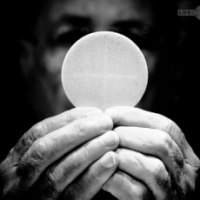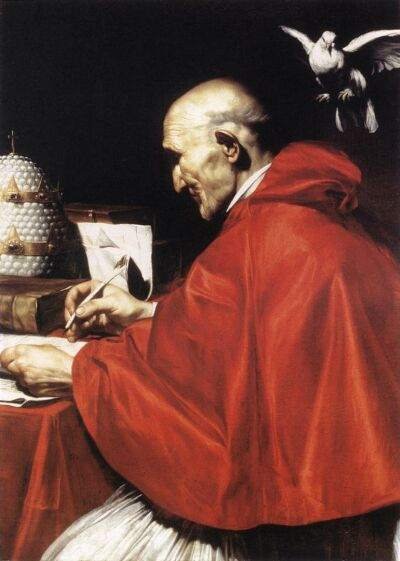Today is the Feast of Saints Peter and Paul, two saints who almost need no introduction: they are the most prominent men, besides Jesus, in the New Testament — Peter, the foremost of the Apostles, on whom Christ said he would found His Church; and Paul, the Apostle to the Gentiles, radically converted on the …
Continue reading “Saints Peter and Paul: Apostles to the Protestants?”


